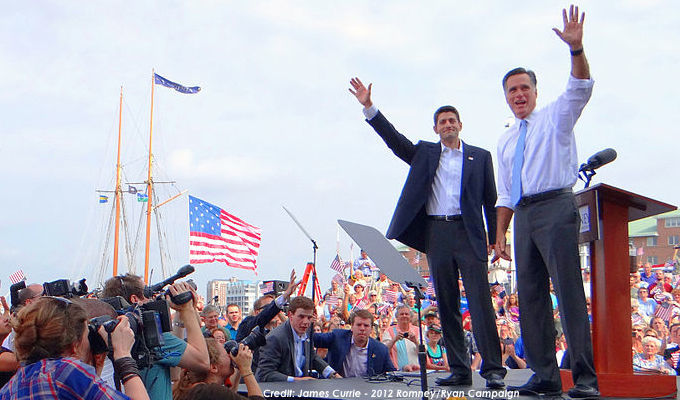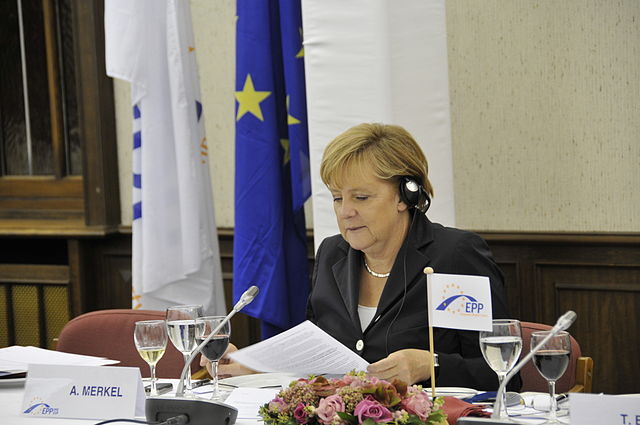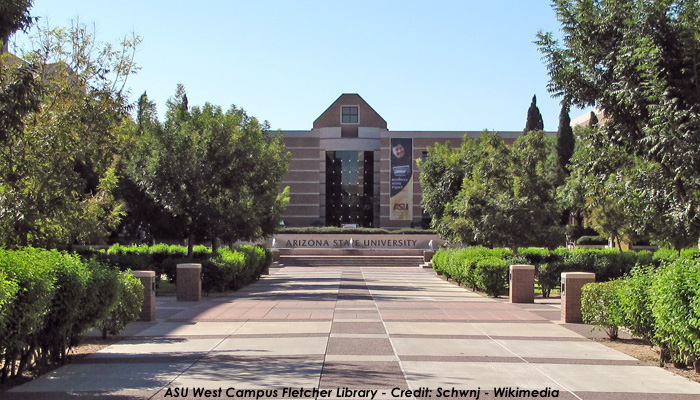In April 2014, almost 300 girls attending a secondary school in Chibok, Nigeria were kidnapped from their school in the middle of the night. They were abducted by an Islamic extremist group dubbed Boko Haram, who have been launching attacks against schools and villages in Nigeria, Chad and Cameroon.
Sadly, they targeted the girls in part because of their belief that the “inauthentic” colonialism-descended education system is a sin. The girls’ schooling was detrimental to their mission to overthrow the Nigerian government in order to establish a fundamentalist Islamic state. Making things worse was the lack of media coverage of the kidnapping. It seemed that the information about the kidnapping only reached international headline news after a heavy Twitter campaign, under the hashtag #BringBackOurGirls.
The little coverage that it did receive was short lived, and in some ways disrespectful. The French satire magazine, Charlie Hebdo, even depicted the kidnapped girls as pregnant, Black and Muslim Welfare Queens. The cartoon ignores the fact that the kidnapped girls were kidnapped from a Christian school and are most likely Christian themselves. It also belittles the fact that the girls are being forced into marriages and are victims of sexual assault. Instead, the cartoon relies on racist tropes for the sake of “satire” (satire being in quotes because comedy at the expense of the oppressed isn’t satirical and rarely funny).
Last week, 8 months after the kidnapping of the Chibok girls, a shooting occurred at the offices of the Charlie Hebdo magazine in Paris, and 12 people were killed. The media was quicker to pick up on this story and the hashtag #JeSuisCharlie rapidly became a trending topic all over the world, almost drowning out the news that Boko Haram massacred as many as 2000 people and razed 16 villages in a 5-day span the same week as the Charlie Hebdo attacks.

Above: Human Rights Watch satellite analysis of Doro Gowon, Borno state, Nigeria, one of the towns attacked by Boko Haram this month. 57% of the town is estimated to have been burned down based on this image. Click for full image and article in a new window. (Credit: Human Rights Watch)
The instant support of Charlie Hebdo and the struggle for support for the Chibok girls says a lot about the narrative that the US and European media wants to compose when it comes to which victims are worthy of sympathy. Despite the offensive cartoon drawn about the Chibok girls by the Charlie Hebdo magazine, and the offensive cartoons of the Prophet Muhammad – which is the reason why Charlie Hebdo was specifically targeted by the extremists – it seems as if the magazine has been pushed into almost martyr status.
Marches and rallies are happening all over Europe in solidarity with the magazine, while attacks on Mosques in France are being ignored. Cartoonists have even gone so far as to create the hashtag #CartoonistLivesMatter as an attempt to express the importance of their freedom of speech.
There are hundreds of schoolgirls missing, for most of the past year. Thousands have been displaced in just the past two weeks, with possibly thousands more killed. There are entire generations of families murdered in Northern Nigeria.
Read more










